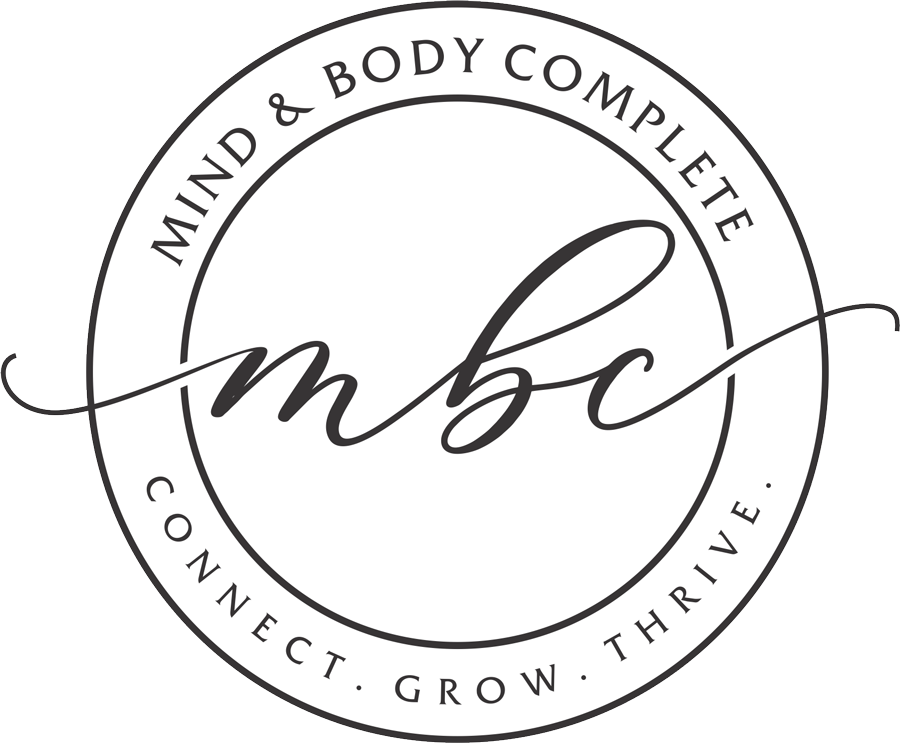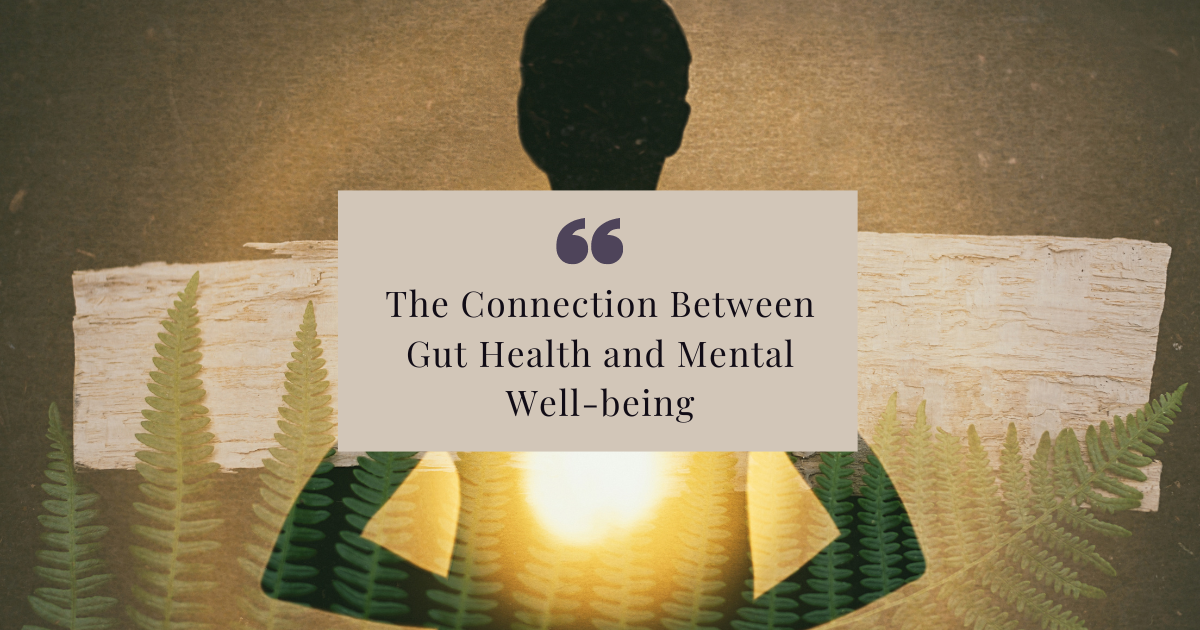The Connection Between Gut Health and Mental Well-being
The intriguing link between the gut and brain, often referred to as the gut-brain axis, has garnered significant attention in recent years. Emerging research highlights the profound impact gut health has on mental well-being, suggesting that the microbiome— the vast community of microorganisms living in our digestive tract—plays a pivotal role in our mental health. This article explores the latest findings on the gut-brain connection and offers practical advice on how dietary and lifestyle changes can improve gut health and thereby enhance mental well-being.
Understanding the Gut-Brain Connection
The gut-brain axis is a complex communication network that links the enteric nervous system of the gastrointestinal tract with the central nervous system, which includes the brain and spinal cord. This connection is bidirectional; it allows the brain to influence intestinal activities and the gut to affect brain function. Neurotransmitters, immune system components, and metabolic pathways are involved in this interaction, which can influence mood, cognition, and overall mental health.
The Role of Microbiota
The human gut hosts a vast array of microorganisms, including bacteria, fungi, viruses, and protozoa, collectively known as the gut microbiota. These organisms play a crucial role in digesting food, regulating the immune system, and producing various neurotransmitters, including serotonin, dopamine, and gamma-aminobutyric acid (GABA), all of which are critical for maintaining brain function and mental health.
Impact of Gut Health on Mental Well-being
Research has shown that imbalances in the gut microbiota (dysbiosis) can lead to increased inflammation and altered gut permeability, conditions that are often associated with various mental health disorders, including depression, anxiety, and stress-related conditions. For instance, individuals with certain gut conditions like irritable bowel syndrome (IBS) are more likely to suffer from anxiety and depression.
The Role of Diet in Gut Health
Diet plays a fundamental role in shaping the gut microbiome. A diet rich in diverse, whole foods, particularly those high in fiber, can promote a healthy and diverse gut microbiota. In contrast, a diet high in processed foods, sugars, and fats can contribute to dysbiosis and negatively affect mental health.
Strategies to Improve Gut Health for Better Mental Well-being
1. Eat a Diverse Range of Foods
Incorporating a wide variety of whole foods into your diet, especially fruits, vegetables, legumes, and whole grains, can enhance the diversity of your gut microbiota. These foods are rich in fiber, vitamins, minerals, and antioxidants, which are beneficial for gut health.
2. Include Probiotic and Prebiotic Foods
Probiotics are live beneficial bacteria found in fermented foods like yogurt, kefir, sauerkraut, and kimchi. Prebiotics, on the other hand, are found in foods like bananas, onions, garlic, and asparagus, which act as food for healthy gut bacteria. Including both in your diet can support a healthy gut microbiome.
3. Limit Processed Foods and High-Sugar Diets
Processed foods and high-sugar diets can harm the gut microbiome and promote inflammation. Reducing the intake of such foods and focusing on nutrient-dense, whole foods can improve gut health and mental well-being.
4. Stay Hydrated
Drinking enough water is essential for maintaining gut health. Adequate hydration helps to maintain the mucosal lining of the intestines and supports the balance of good bacteria in the gut.
5. Manage Stress
Chronic stress can negatively affect gut health and lead to a range of digestive issues. Engaging in stress-reducing activities, such as exercise, meditation, or spending time in nature, can improve both mental and gut health.
6. Regular Exercise
Physical activity can positively affect the composition of the gut microbiota, promoting the growth of beneficial bacteria. Regular exercise is not only good for overall health but also for maintaining a healthy gut and mind.
Conclusion
The connection between gut health and mental well-being is profound and complex. By understanding and nurturing this connection through a healthy diet and lifestyle, individuals can promote both gut health and mental wellness. As research continues to unravel the intricate links between the gut and brain, it becomes increasingly clear that taking care of our digestive health is essential for maintaining mental health and achieving overall well-being.







